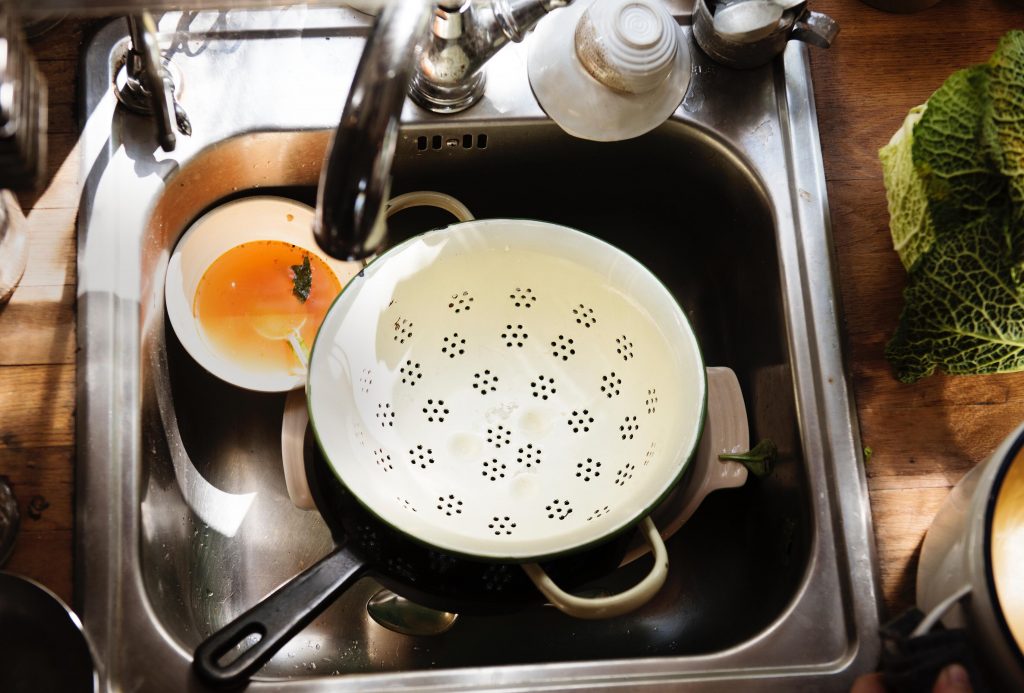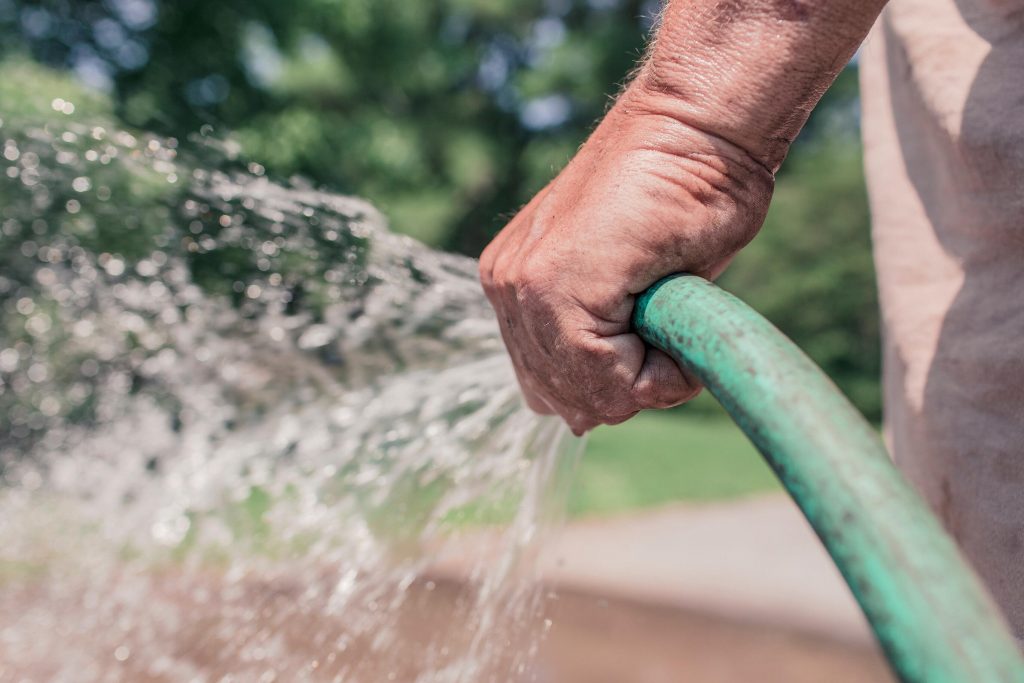@Home: Every Drop Counts! Tips To Save Water At Home

By SUZZANNE COUSINS
“Conservation is important… water comes at a cost.” – Enda Kenny, Irish Politician.
As residents of a tropical climate country, we know the value of water. As the nation ramps up its water conservation efforts, here are a few simple ways you can save water in your own home.
In the Kitchen

You love cooking tasty meals for your family, but you may find yourself using a lot of water before and during cooking and again during wash up. Here are a few things you can do to limit your water usage in the kitchen:
• Use a bowl in the sink when peeling and cleaning fruits and vegetables instead of under running water. You can then use the wastewater for plants or the lawn.
• When hand-washing dishes, never run water continuously. Wash dishes in the sink and then rinse them in a container in the sink.
• If you have a dishwasher, only run it when it’s full. When buying a dishwasher, select one with a “light-wash” option.
• Install faucet aerators. These limit the water flow through the faucet, which helps to reduce water usage.
• Inspect your kitchen sink, dishwasher and fridge for leaks and get them fixed.
In the Bathroom

Most of your water usage can come from the bathroom so these water saving tips could save you money there.
• Inspect your bathroom for leaks and get them fixed as soon as possible.
• When brushing your teeth, be sure to turn off the tap. A running tap uses up to nine litres of water a minute. Use short bursts of water for cleaning your brush. (This saves about 80% of the water usually used).
• Take short showers instead of baths. A five-10-minute shower uses about 40-80 litres of water, which is nearly half the volume of a standard bathtub.
• Turn off the water to shave and soap up in the shower. Fill the sink partially to shave and use that water rather than running the tap continuously. (This saves about 60% of the water typically used.) Use short bursts of water to clean razors.
• Use a water-saving device in your toilet tank. Depending on the size of your tank, you could save between one and three litres each time you flush the toilet. Alternatively, you can reduce water usage by 40% to 50% by installing low-flush toilets.
• Install a toilet dam, faucet aerators and low-flow shower heads.
• Instead of running the water down the drain until it’s lukewarm, consider using a bucket to catch that water that could then be used to fill the toilet, top up the water in the washing machine or water the plants.
In the Washroom/Laundry Area

We know you love fresh, clean clothes, but washing machines can drink up a lot of your water usage with a few loads. Here are some ways to reduce that:
• Wait until you have a full load before using your washing machine. Some new washing machines use less than seven litres of water for each kilogram of clothes.
• When purchasing a new washing machine, buy a water saving model that you can adjust to the load size.
• Use the shortest cycle possible for washing clothes, and use the “suds-saver” feature if your machine has one.
• If you have space, consider attaching your let-out hose to a pipe that leads outside to the yard for a quick and convenient irrigation system.
In the Yard

We all love a beautiful garden and lush lawn, but when there are fewer rainy days, you have to rely on other sources of water to keep your blooming plants alive. Here a few tips to save water outside:
• Using a watering can or pan in the garden instead of sprinklers or a hose. When you leave your garden sprinklers or hose pipes running, you could use between 500 and 1,000 litres of water per hour.
• Use rainwater catchments to water your plants.
• Only water the lawn when necessary. Avoid watering on windy and hot days. Water the lawn and garden in the morning or late in the evening to maximise the amount of water that reaches the plant roots (otherwise most of the water will evaporate).
• Apply mulch around shrubs and flower beds to reduce evaporation, promote plant growth and control weeds.
• Always use a broom to clean walkways, driveways, decks and porches, rather than hosing off these areas.
Now that you have the tips to help you conserve on the water at your home go ahead and make every drop count! What else do you do to save water at home?
